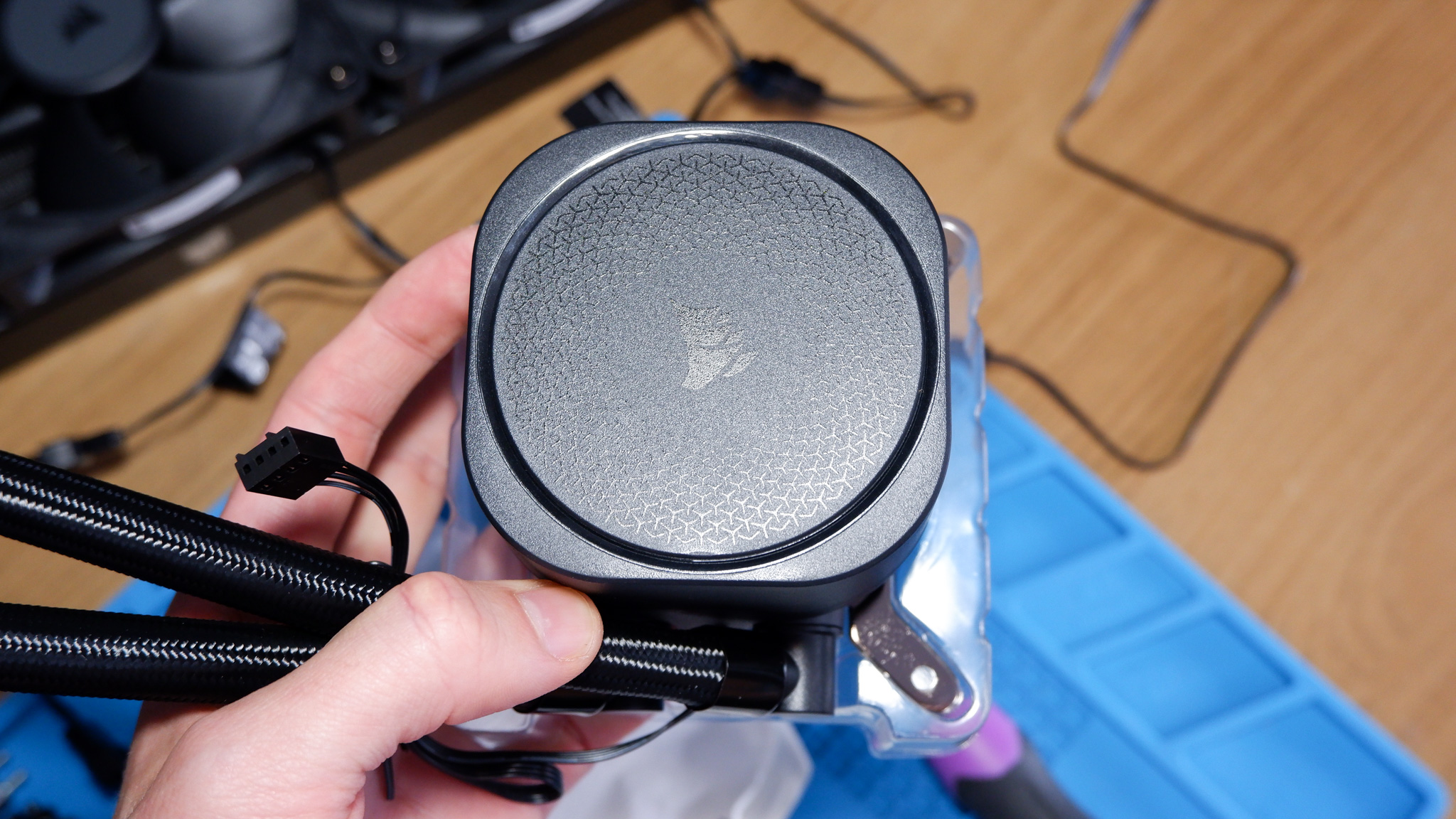When a game's identity becomes wrapped up in its rarity, what happens when it's re-released on Steam for 20 bucks?
Collector's items no more.
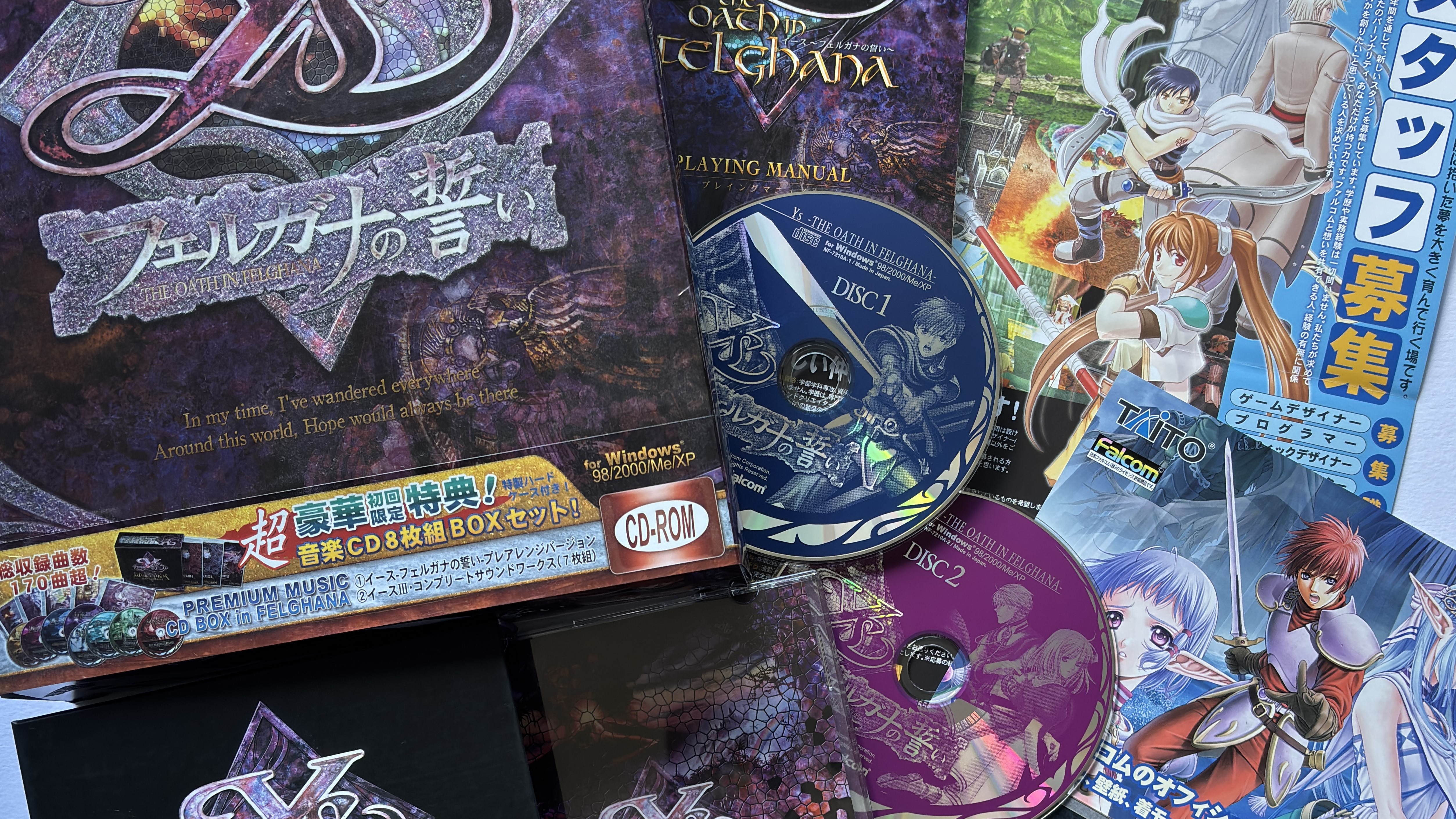
Once upon a time I happily handed over $170 (plus shipping and import taxes) for a brand new copy of Ys: The Oath in Felghana for my trusty Windows XP machine. Does that sound like a lot? It certainly felt like a lot at the time, but I didn't regret my purchase. That was just what a rare, obscure, and never-to-be-translated (as we believed at the time) Japanese PC exclusive cost back then—I either paid up or missed out.
Stripped of scarcity, do these games still feel as good to buy and play?
Back in the distant past of 2005 the entirety of Falcom's PC catalogue, everything from Ancient Ys to Zwei, were little more than expensive and impenetrable curiosities of next to no interest to most people, only available via tiny boutique websites or by emailing a guy who knew a guy. Their embossed, oversized boxes (and bonus music CDs!) looked special, and by extension they made me feel special too, as shallow as that may sound. I put in the time, money, and effort, and I got something truly unique as my reward.
Thanks to Steam my old wallet-busting purchases seem more than ridiculous today—they almost sound impossible. It's been years since Felghana was anything other than another action RPG on a store stuffed with them, frequently on sale for the price of a coffee.
It's the most terrifying and exhilarating trial any rare game can go through. Stripped of its scarcity, collector's clout, and superfans and forced into the unforgiving colosseum of general public opinion, do these games still feel as good to buy and play when there's no "point" to owning them beyond personal pleasure?
Reevaluating rarities

Suikoden 2's one of the most recent games to receive this treatment, and it's been one heck of a roller coaster ride for Konami's now-beloved RPG. It's been praised from the rooftops for so long it's easy to believe the game's always been understood and adored, but in truth early reactions to the game's English release were actually pretty tepid:
- "As we all know, RPGs are about story and character development and this is where S2 falls flat on its face." — Gamefan magazine reviewer Eric Mylonas, 70/100
- "While in no way is Suikoden II a stellar game or a major technological achievement, it is very fun to play and most RPG fanatics will enjoy the ride." — RPGFan.com, 80/100
These mild takes were the perfect foundation for a true gaming legend. It wasn't until it was far too late, when all the English language copies (which were always in short supply) had been snapped up and resale prices had shot through the roof, that whispers started getting around and people finally realised what they'd missed—and how much it would now cost to correct their mistake. Price-related questions come up frequently on message boards, sometimes serve as the headline for personal reviews, and dedicated fansite Suikosource has an entire forum category dedicated to buying the games, with topics going back decades. There's no escaping the fact that before last month, owning Suikoden 2 took serious commitment and a lot of money.
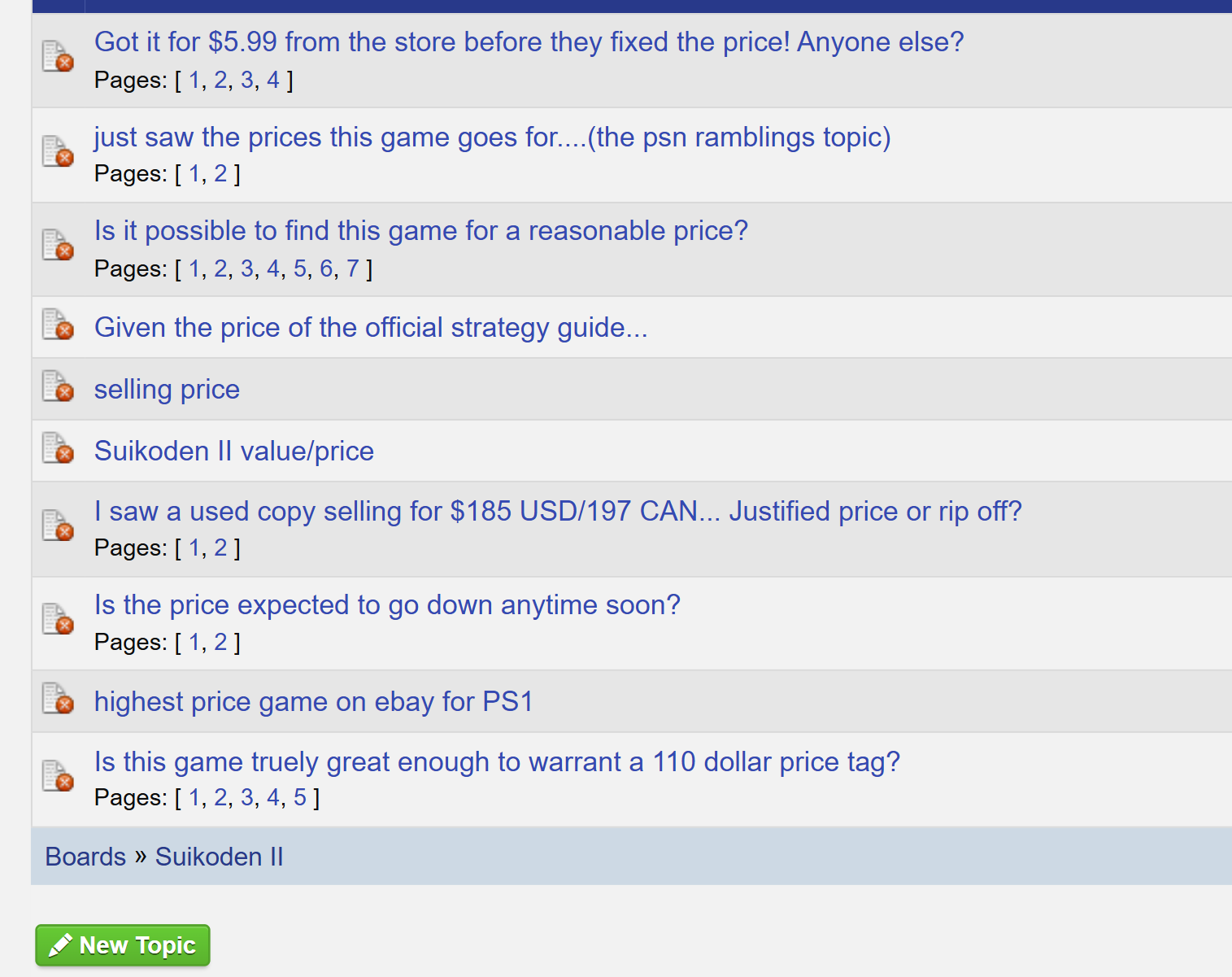
Thanks to the HD Remaster the game is easier to buy and play than it ever was when it was new, and the general mood is one of relief and gratitude. Variants of "Thank you Konami for bringing back my childhood game!" are common, and comments focussing on the games themselves are almost universally positive. It's generally a happy ending for the much sought after RPG (even if the remaster it's wrapped up in still needs some work), its modern reception at a relatively high price tag echoing the years of positivity that came before it. The game is good, Luca Blight is a monster, Clive's quest is still tripping people up, and people are passing around cooking contest tips like it's 1999.
The biggest gaming news, reviews and hardware deals
Keep up to date with the most important stories and the best deals, as picked by the PC Gamer team.
A quick check of some other equally wonderful rarities soon reveals similar happy sentiments:
- One Ninja Five-O review reads "Finally, my favorite GBA game comes to steam, and i dont have to pay thousands for a copy", sadly not even a slight exaggeration of the cart's current resale price.
- Radiant Silvergun gets a "I've heard about this game for a long time. After finally getting to play it, I can happily say it lives up to the hype!"
- Umihara Kawase, the first game in perhaps the world's only fish-themed puzzle-platforming series, is "The most fun I've had raising my blood pressure" with another declaring it "Harder than Dark Souls."
Sometimes, being good and available is enough to see an older game through.
Cheap n' (un)cheerful
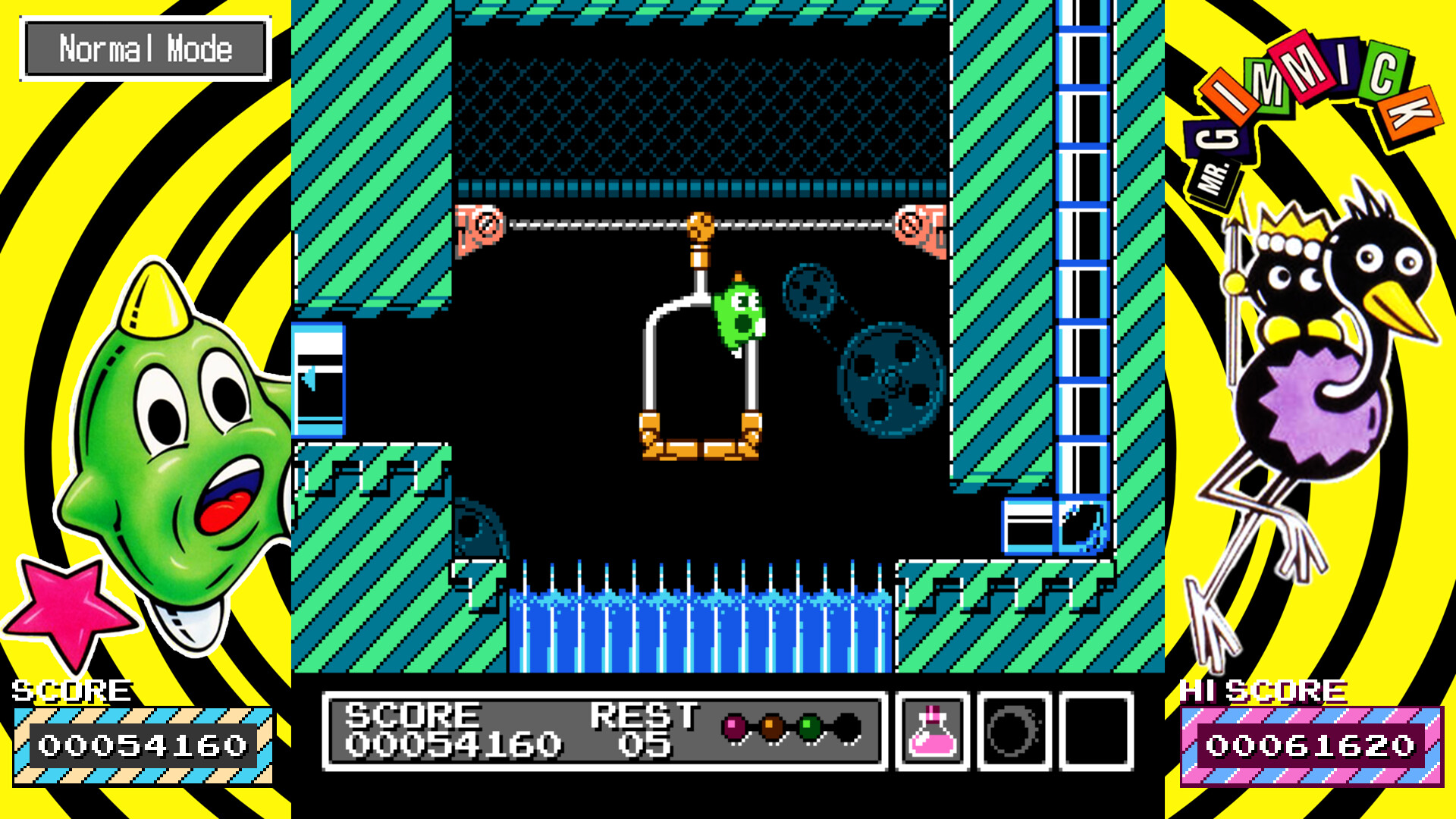
What happens when games like these are released on Steam for 20 bucks? They get to live again.
But not always. Gimmick, a NES platformer most famous for being expensive and releasing years after everyone stopped caring about NES platformers, has received a more muddled response. Is it a masterpiece or some haggard relic of the past? It kinda depends on who you ask, with modern points of view based on more affordable and readily available versions of the game notably skewing towards the negative. At least everyone can agree on one thing: it's not easy. Over 70% of GameFAQS users, the multiformat gaming website that will surely outlive us all, rated it as "Tough," with the next most popular option being "Unforgiving." Ouch.
Judgement Silversword received a more generally positive welcome to the modern era, although certainly not one that reflects the WonderSwan original's incredible scarcity and hyper-inflated price tags (at the time of writing, the cheapest used physical copy of the game I could find on eBay costs over $2,000). People generally quite like it when they play it. It's fine. Nice enough. A perfectly reasonable way to spend $4.99.
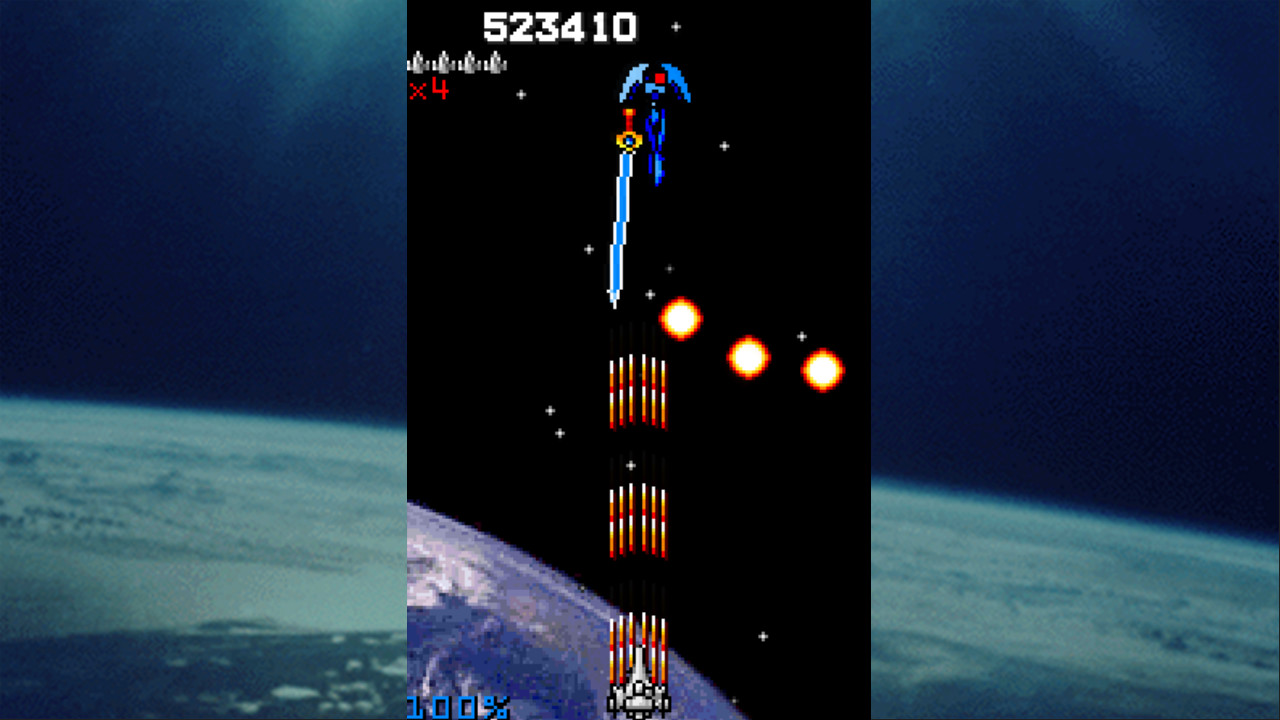
These muted compliments are as precious as any amount of enthusiastic praise, because they can only happen when these games are taken out of their ever-shrinking retro bubbles and given back to everyone. The pressure is off, for the game and the person playing it. The game doesn't have to offer a religious experience to be worthwhile. Nobody has to make a snap decision to grab a copy because it's available in infinite supply at a fixed price. Being fun (or annoying) for a bit can be enough now there are no carts to produce, aging hardware to maintain, region locks to circumvent, or import charges to cover.
So, what happens when games like these are released on Steam for 20 bucks, without the (sometimes overbearing) guiding hand of historical context to declare them important and unmissable?
They get to be celebrated again. Played for the first time again. Misunderstood again. Loathed again. Ordinary again. Recommended again.
Most importantly of all, they get to live again. Discussed and dissected online, old tips and tricks dusted off and passed on to grateful new fans. Ancient grumbles and frustrating sticking points can be validated by today's players—yes, that segment was stupid and unfair and you were right to turn it off and never touch the game again. Childhood hype can mature into detailed dissections of deeper themes, and friendly after-school rivalries revived as online speedrun sessions.
You can't put a price on that.

When baby Kerry was brought home from the hospital her hand was placed on the space bar of the family Atari 400, a small act of parental nerdery that has snowballed into a lifelong passion for gaming and the sort of freelance job her school careers advisor told her she couldn't do. She's now PC Gamer's word game expert, taking on the daily Wordle puzzle to give readers a hint each and every day. Her Wordle streak is truly mighty.
Somehow Kerry managed to get away with writing regular features on old Japanese PC games, telling today's PC gamers about some of the most fascinating and influential games of the '80s and '90s.
You must confirm your public display name before commenting
Please logout and then login again, you will then be prompted to enter your display name.

